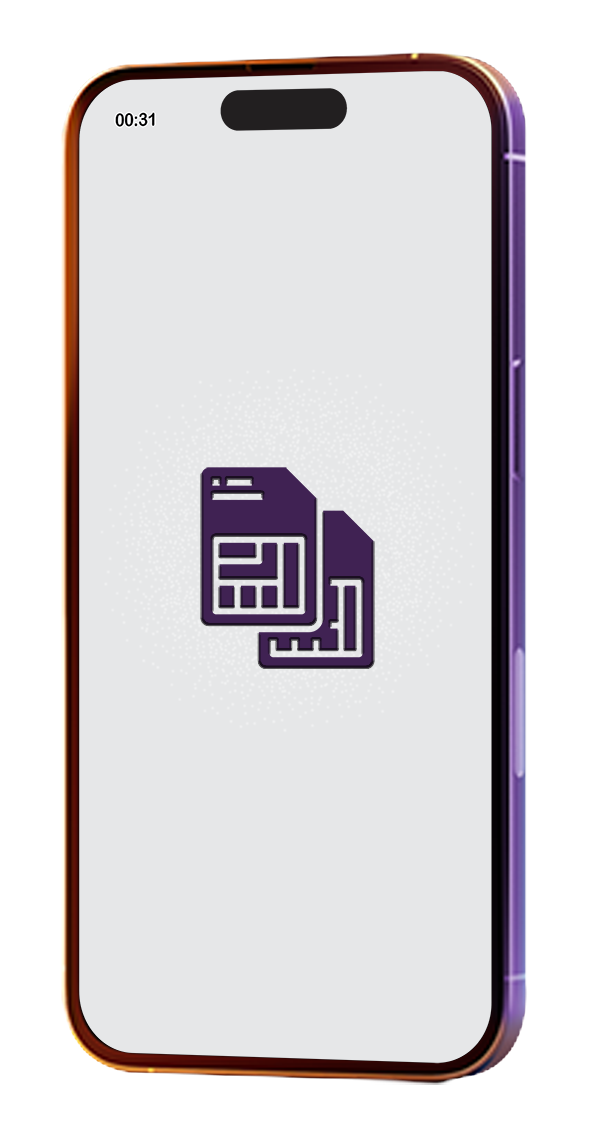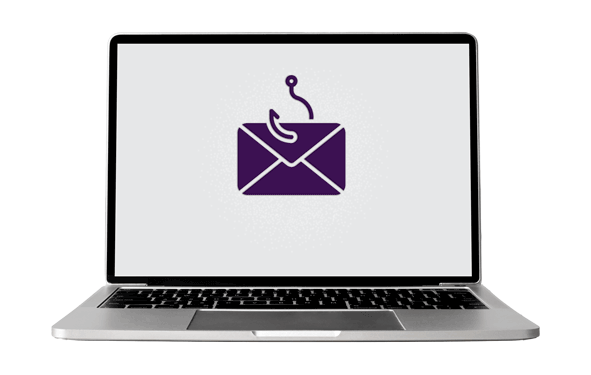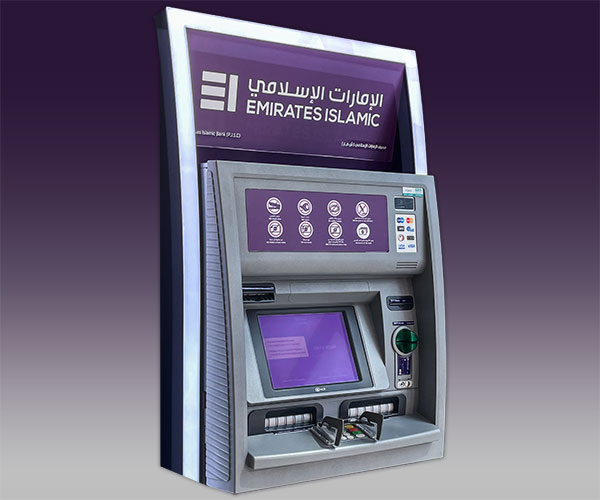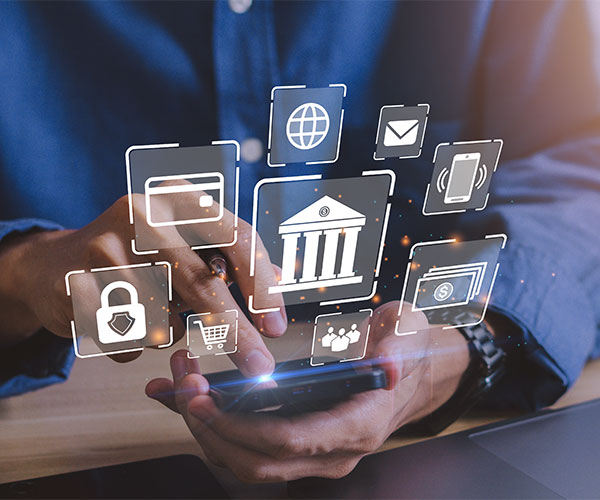

Fraud and Security Awareness
Stay safe. Stay informed.


Stay safe. Stay informed.
Emirates Islamic has invested significantly in fraud prevention resources to ensure that you receive the highest level of protection. By using the best possible methods to avoid and fight against scammers and fraudsters, we aim to secure your financial transactions at every step of your banking journey. Beyond our efforts, we encourage you to take additional safety measures to protect yourself from online scams and bank fraud.
There are many ways that people fall victim to fraud. Here are three commonly used methods.



Follow these tips to help protect yourself against fraud.


Emirates Islamic complies with the global standards for card security and data protection regulations. To learn more about Payment Card Industry Data Security Standard (PCI DSS), click here.
UAE Bank Federation (UBF) are dedicated to promoting fraud awareness and have created a booklet to simplify possible encounters. This booklet is made to support in identifying potential fraud activities you may encounter.
Click here to view the booklet.

Please report any suspicious activity, calls and other forms of communication immediately to +971 600 599 995.
If you have unfortunately fallen victim to fraud, we advise that you to maintain a written timeline of what happened and the steps you took. Be sure to record the date, time and any relevant information related to the incident.
Check out our products for all your banking needs
